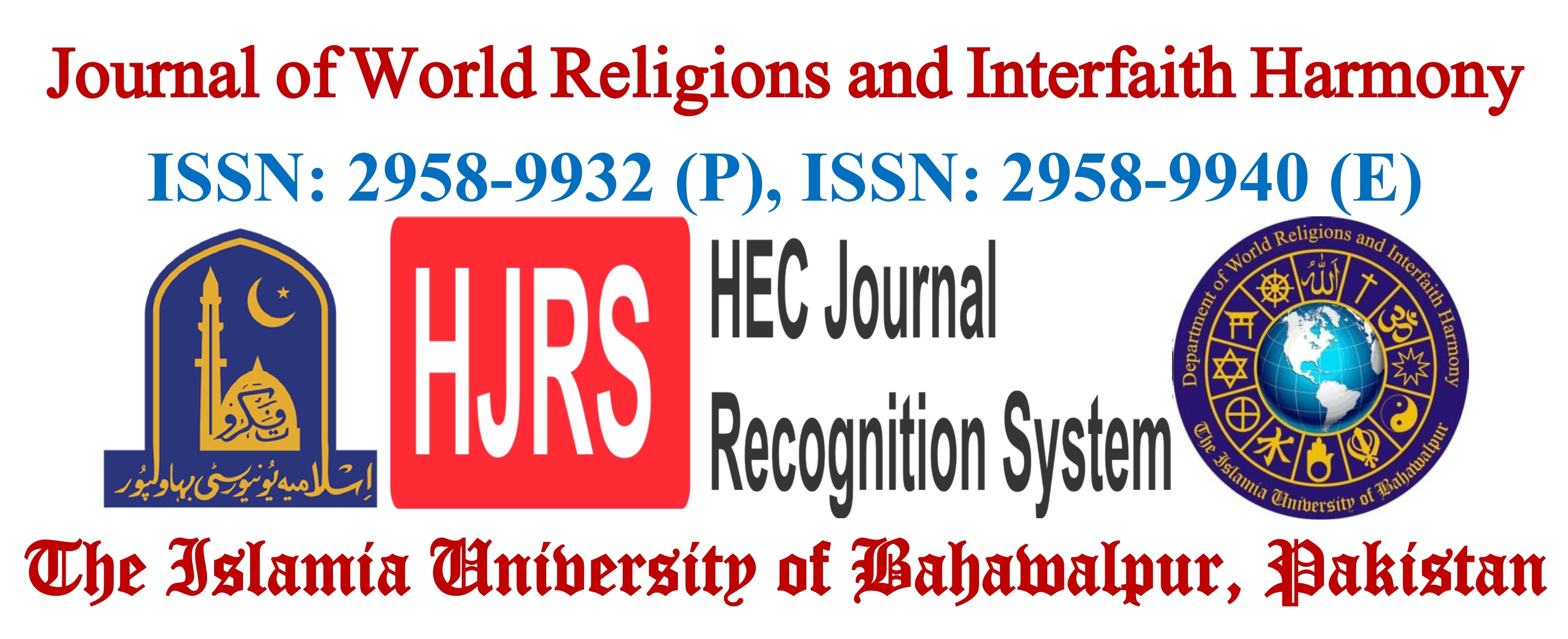Qur’ānic Foundations of Interfaith: Is Da‘wah (Calling to God) Interfaith?
Abstract
The paper addresses two questions: does the Qur’ān commands interfaith and is interfaith Da‘wah (calling people to the worship of one God)? First, it will discuss what interfaith means today. Interfaith has moved from the medieval “exclusive attitudes (that) promote suspicion and disdain of the other traditions”. Further, it has also moved from pluralism’s desire to tolerate other religious traditions to celebrate the other. The paper will reflect on āyah (verse) 48 of Sūrah (Chapter) 5 to establish a firm Qur’ānic foundation for the diversity of religions required by the Qur’ān. The āyah informs if God willed He would have made the whole humankind united in one religious community (ummatan wāḥidatan), but He chose not to do that. Instead, He wants to test us in the religious community we claim ours. God wants diversity of religious practices as it creates conditions in which religious communities can compete with each other in doing good (khayr). Finally, the Qur’ān commands ta‘āraf (get to know each other) and ta‘āwan (cooperation) in doing good (49: 13 & 5: 2 respectively), two key goals of interfaith movement today. The paper concludes interfaith meets Qur’ānic commands of ta‘āraf and ta‘āwan. Therefore, Muslims should engage in the interfaith movement. However, ta‘āraf and ta‘āwan only do not meet the requirement of Da‘wah. Da‘wah requires to intentionally invite people to the worship of one God. Whereas interfaith is not about calling others to one’s faith.
Downloads
Published
How to Cite
Issue
Section
License
Copyright (c) 2025 Dr. Tanveer Azmat

This work is licensed under a Creative Commons Attribution-NonCommercial 4.0 International License.






